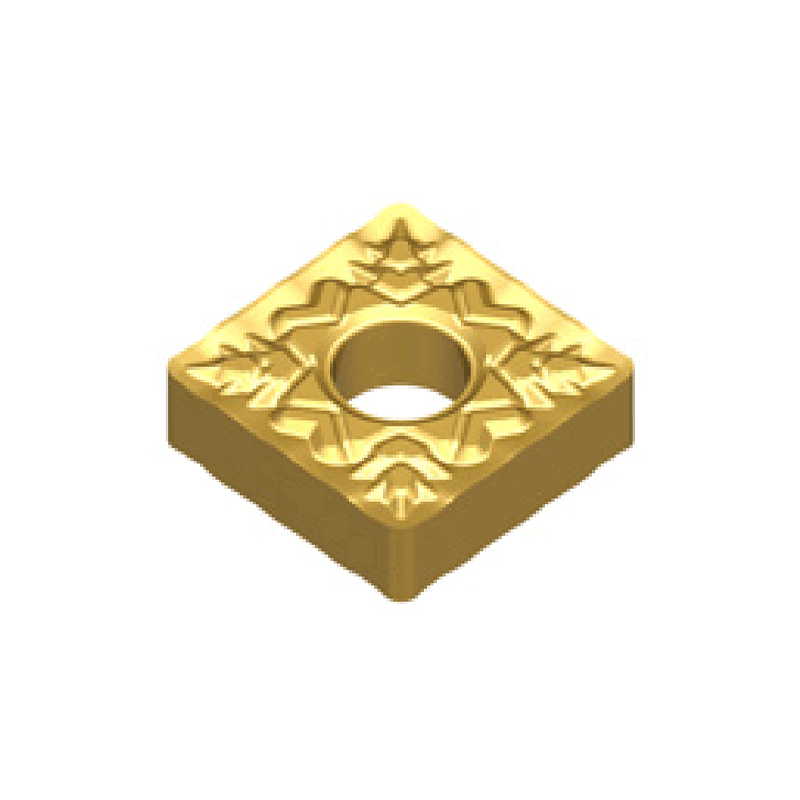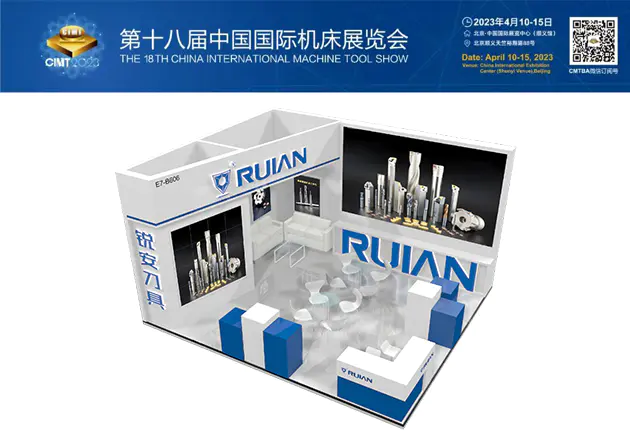RUIAN - An international inserts brand from customers
Home / News / Industry News / Surge in Demand for Negative General Stainless Steel Finishing Turning Inserts Signals Shift in Metalworking Industry

RUIAN - An international inserts brand from customers
Home / News / Industry News / Surge in Demand for Negative General Stainless Steel Finishing Turning Inserts Signals Shift in Metalworking Industry
The global metalworking industry is witnessing a significant uptick in the adoption of Negative General Stainless Steel Finishing Turning Inserts, reflecting a broader transformation in machining strategies and component durability expectations. With applications ranging from precision automotive parts to complex aerospace components, these advanced turning inserts are becoming a cornerstone of modern stainless steel machining operations.
Negative General Stainless Steel Finishing Turning Inserts are specifically designed to meet the rigorous demands of finishing stainless steel components. Their unique negative geometry not only improves edge stability under high-load conditions but also extends tool life, significantly reducing overall machining costs. As a result, manufacturers across sectors are rapidly integrating these inserts into their production lines.
According to recent industry reports, the global demand for Negative General Stainless Steel Finishing Turning Inserts has grown by 18% year-over-year in 2024, with North America and East Asia accounting for the largest share of consumption. This growth is largely attributed to increased automation in machining centers and heightened emphasis on precision engineering in high-value manufacturing.
“Tooling is no longer just about cutting; it’s about consistent performance, predictability, and cost-efficiency,” says Dr. Evan Hirsch, a materials engineering expert at MachTech Insights. “Negative General Stainless Steel Finishing Turning Inserts provide all three, especially for manufacturers dealing with tough materials like austenitic and martensitic stainless steels.”
A notable advantage of Negative General Stainless Steel Finishing Turning Inserts is their chip control effectiveness, which is critical when finishing stainless steel—a material notorious for its tendency to produce long, stringy chips. With optimized chipbreaker designs, these inserts help minimize downtime due to chip entanglement, further improving operational efficiency.

In addition, the inserts’ wear resistance has made them a good choice in industries with demanding surface finish requirements. For instance, in the medical device industry, where flawless finishes are essential for regulatory compliance and performance, Negative General Stainless Steel Finishing Turning Inserts have become the good solution for implant-grade stainless components.
“Before switching to these inserts, we struggled with tool wear and inconsistent finishes,” reports Sandra Lopez, Operations Manager at BioMach Components. “The adoption of Negative General Stainless Steel Finishing Turning Inserts led to a 35% improvement in surface quality and a 22% increase in tool life.”
Environmental considerations are also driving the shift. With increasing pressure to reduce industrial waste and energy consumption, durable tooling solutions like Negative General Stainless Steel Finishing Turning Inserts contribute significantly to sustainability goals. By reducing the frequency of tool changes and improving machining efficiency, manufacturers can cut both carbon emissions and operating costs.
The aerospace industry is particularly bullish on the potential of these inserts. As OEMs push the limits of design and engineering, requiring ever-tighter tolerances and harder-to-machine alloys, Negative General Stainless Steel Finishing Turning Inserts are helping meet those challenges head-on. Aerospace components made from high-strength stainless steels often undergo finishing passes that demand harsh accuracy, and these inserts are engineered for just that.
Analysts forecast that the market for Negative General Stainless Steel Finishing Turning Inserts will continue to grow steadily through 2030, driven by increased use in high-precision sectors and ongoing advancements in insert materials and coatings. Furthermore, the rise of Industry 4.0 and smart machining systems is creating new avenues for integration, enabling real-time monitoring and adaptive control of wear and surface finish quality.
Educational institutions and vocational training centers are also beginning to update their curricula to include modules on the use of Negative General Stainless Steel Finishing Turning Inserts, recognizing their importance in the future of machining.
Taizhou City Ruian Cemented Carbides Tool Co., Ltd. is a National-Level High-Tech enterprise engaged in the research and development, production, and sales of CNC cutting tools and a National-Level "Specialized, Fineness, Featured and Innovative'Little Giant'" enterprise.
 +86-576-81651888
+86-576-81651888
Apr 16,2019


 TEL:
+86-576-81651888
TEL:
+86-576-81651888
 FAX:
+86-576-86987998
FAX:
+86-576-86987998
 ADD:
No. 28, Xing'an Road, Chengxi Street, Wenling City, Taizhou City, Zhejiang Province, China
ADD:
No. 28, Xing'an Road, Chengxi Street, Wenling City, Taizhou City, Zhejiang Province, China

